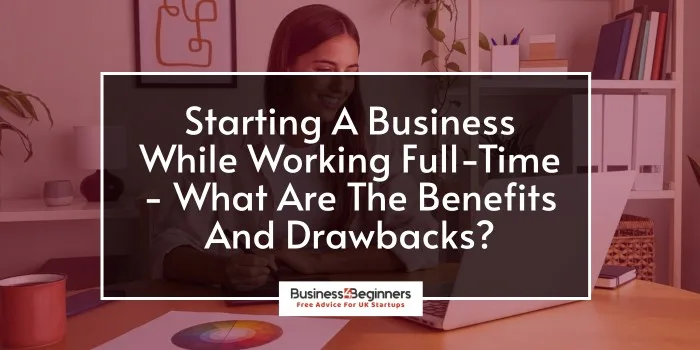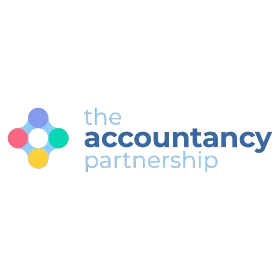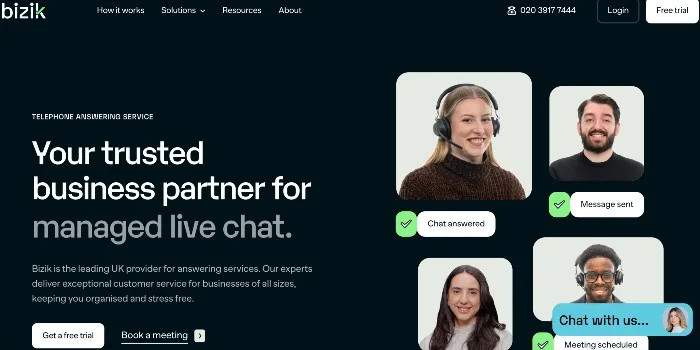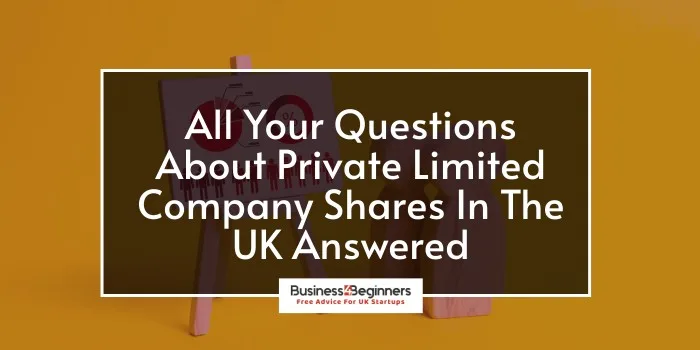There are many benefits of running your own business, but there are also drawbacks. One of the downsides is that it can be risky to quit your job and start your own company.
Did you know that 60% of new businesses will fail in the first 3 years? Why so many new businesses fail in the UK is down to several reasons, but it does make it seem a risky prospect to leave the security of your job and start a venture from scratch.
So, starting your new business while still working your full-time job seems like a good way to eliminate some of the risks. If it doesn’t work, you still have your job and haven’t lost your livelihood.
If you’re considering doing the same, you’ll be interested in the benefits of starting a business while working full-time. But we will also look at the downsides, so you can make an informed decision.
Advantages of starting a business while being employed
For many people, setting up a business while continuing to work as an employee is the best way to go about it to minimise the risks attached to such a venture.
And it’s no wonder, because there are many benefits to this strategy. And here they are…
Financial security
The biggest advantage is that you’ll be financially secure, as you’ll continue to get paid every month. This will take off a lot of pressure and stress.
Building up a business to the point that it earns enough to support you takes time. I know that only too well.
It doesn’t matter what kind of business you are running, whether you work with clients, sell goods or services. Getting your name out there isn’t easy.
You need to build up your brand and trust in your company to convince clients and customers to spend their money with you. This won’t happen in a few weeks.
It might be necessary to make tweaks, change strategy, or even the offering until you find what works. In most cases, a successful business is based on trial and error, as well as hard work.
And even once the orders or work are coming in, you need to get to a level where you earn a certain amount consistently every month to be able to draw a salary that will pay all your bills.
This can be an anxious time, but if you are still employed, it can make it much less stressful.
Starting A UK Business?
Get rid of the confusion and always know what to do next with Startup Hive, the step-by-step platform created by the Business4Beginners team.
- FREE Step-By-Step Platform
- FREE Bank Account
- FREE Bookkeeping Software
- FREE Email Platform
- FREE Domain Name
- Discounted Company Formation
- Plus Much, Much More!
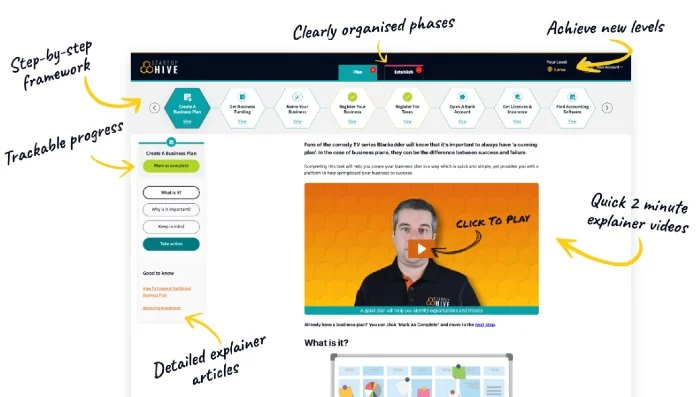
Join today for 100% FREE access to the entire Plan & Establish phases, taking you from validating your business idea through to setting it up, getting your accounts sorted, and creating a website.
“Excellent guide to build your business”
“The perfect starting point”
“Incredibly simple and intuitive to use”
Startup Hive is your trusted companion as you look to turn all of your business dreams into reality. Join today for free.
—
Money to invest
Running a business will incur costs, no matter what type of business you run. You might have to buy stock, materials, or equipment that is necessary to fulfill your orders or meet your clients wishes.
Let’s look at an example. Nicola wants to start a jewelry business, making simple but elegant pieces from silver. Because she was doing it as a hobby, she already had some equipment.
But to turn it into a business, Nikki will need to buy the materials to make her jewelry. She will also have to pay for stands at fairs and markets, where she plans to start selling her beautiful pieces.
By keeping her full-time job, she can afford to buy what is needed until she makes enough sales to buy everything from her earnings.
And it’s the same if you are offering your services, let’s say, as an accountant. In order for people to be able to find you and learn about your services, you’ll need a website, because that’s where most people are looking nowadays.
This means you have to pay for the hosting of your website, maybe someone to design it for you, and you might want to pay for ads to get people to your new website. All these costs can add up and are much easier to meet if you have a regular income.
Take your time to get it right
When you start your own business, there is a lot to learn. And trying to get your head around everything, such as marketing, budgeting, bookkeeping, and regulations, takes time and is quite a task.
This means there is less time to actually work on the business to make it profitable. Staying in your full-time job allows you to get the hang of these things without the pressure of earning enough money to pay your bills.
But it’s not just the extra skills you have to learn as a business owner: you also have to get your business strategy right. Is your offering what your target audience wants?
Is the product what your customers are looking for? Answering these questions often means putting what you have to offer out there and then wait and see.
By keeping your job, you can test your idea in the market without any risk. If you can see it works, you can then start to tweak things to create the perfect offering or product.
Getting everything right from the start doesn’t happen often, so having the time to figure out what works and what doesn’t will make your business more resilient in the long term.
Getting the long-term strategy right is vital to building a successful business. But if you have to earn money to sustain yourself, you might have to focus on short-term wins, which might bring in some money now, but might not help you grow in the future.
Continuing in your employment allows you to get it right from the start, so that your business can thrive and grow successfully.
Find out if it’s right for you
Many people dream of running their own company. And why not? Being your own boss comes with a lot of perks, like working where and when you decide, working on what you want, and the ability to be flexible.
But not everyone is cut out to be a business owner, and working for yourself needs a certain mindset.
Once you have ditched your job and started your own venture, failure isn’t easy to accept. So you might continue, working yourself into the ground, while you’re unhappy and your mental wellbeing suffers.
I know from my own experience that not knowing how much money you will earn this month and if it’s enough to cover all the bills can be extremely stressful. You need a kind of resilience that not everyone has.
The way you deal with failure also determines whether working for yourself is right for you. For some people, the fear of failure keeps them from ever starting their own business.
I have learned that feeling challenged and motivated if an idea doesn’t work out is a key characteristic for entrepreneurs. When running your own business, you will try out many things. Some will work, many won’t.
You’ll need the ability to keep going, failure after failure, until you find the recipe for success. Not everyone can do this.
Finding out if it’s right for you while trying to earn a living, learn a wide range of new skills, and work to make your business work can be stressful.
But if you start your own business while working full-time, you can get used to being your own boss without the pressure.
And if you decide it’s not for you, you haven’t lost much. You can go back to being employed and enjoy the newfound appreciation of getting a secure monthly salary, in the knowledge that you have at least tried it.
Downsides of starting a business while being employed
As you can see, there are quite a few benefits of starting a business while working full-time. But nothing in life has only advantages.
And to give you all the information you need to make a decision, here is the other side of the coin.
You have to make sacrifices
Working a full-time job and running a business at the same time means that you have to make sacrifices, especially when it comes to time.
As you are working your normal job during your official working hours, you have to work on your business outside of them. For most of us, this means evenings and weekends.
Not only can that lead to overworking or burnout, but relationships can also suffer. When I started my business while still working, I didn’t have time to do much on weekends, because I wanted to spend that time on my business.
This led to conflicts with my girlfriend (now wife), as it meant that she didn’t get to do things either. It took a lot of understanding on both sides and communication to keep our relationship going.
Conflict with your employer
While there is no law that can prevent you from starting your own business while being employed, certain restrictions may apply. There are two areas where you need to be careful:
- Intellectual property
- Non-compete clauses
To avoid any unnecessary conflict with your company, it’s important that you fully understand what the above means.
Intellectual property
This term, Intellectual Property (IP), describes the creations of a person or business, and includes names, designs, products, inventions, and content.
The Intellectual Property Act 2014 protects these creations from being stolen or copied. If you make a product in your own time, spending your own money, then you will own the IP for that product.
However, your company will own it if:
- You worked on it during your contractual work hours
- You used resources owned by the company
- It’s based on a product/service/idea for which your company holds the IP
For example, if you work for a firm that manufactures vacuum cleaners, you can’t set up a business selling vacuum cleaners that work exactly like those of your employer.
If you have come up with a new design or a new way the vacuum works, you will own the IP, unless you have worked on it during your work hours or used your company’s resources.
However, you might still fall foul of the non-compete clause in your contract, if there is one.
Non-compete clauses

These clauses aim at protecting the company from employees taking confidential information or knowledge to a competitor.
Not every firm will include them in their employment contracts, but it’s worth checking before you set up your company.
Generally, these clauses prevent you from working for a competitor or starting your own business that would compete with your employer for a set amount of time.
The length of the restrictions can vary, and at the moment there isn’t a limit.
So if you’re planning on setting up a business that would compete with your current employer, you might have to change jobs and wait until the non-compete period has passed.
It’s worth making sure that you aren’t in breach of any clauses in your employment contract. Otherwise, your employer has the right to fire you immediately and could also sue you.
Work/life balance

Working a full-time job while also running a business isn’t easy. It can take up a lot of time, which means you might have to sacrifice downtime.
Not only can this lead to conflict with family or friends, as we have already discussed, but it can also negatively impact your mental wellbeing.
Burnout is a real risk if you don’t manage your stress and give yourself time away from work and relax. Prolonged periods of stress can lead to depression and anxiety.
But stress isn’t just bad for your mental health. Chronic stress can impact the health of your heart and can lead to stroke, heart attack, and heart failure.
It’s important that you manage this stress and ensure that you have a healthy work/life balance.
Additional tax burden

Generally speaking, if you are starting a business while employed, you will be classed as self-employed and employed at the same time.
That sounds confusing, so let us simplify.
Your current tax from your employment will not change. You’ll still pay the same amount of tax and NI as normal, and this will be deducted from your wage.
However, as soon as you start receiving income from your new business, you need to also register as self-employed with HMRC and complete an annual self-assessment tax return each year.
As part of this registration, you’ll also need to pay Class 4 National Insurance, which will be included in your taxes when you complete your self-assessment tax return.
Remember, as soon as your business starts to receive income, you need to register with HMRC.
Failure to do so will result in fines and potential legal action against your newfound business.
Recommended – Top-Rated Online Accountant:
Depending on what products your business sells or the services it offers, you might also want to consider registering for VAT.
However, this won’t be required for most new startups, as VAT registration is only compulsory if your annual turnover exceeds £90,000. Find out more about VAT and why you might volunteer for VAT in this guide.
EXCLUSIVE OFFERS – Save On Your Accountancy Costs
Reduced motivation
One of the benefits of starting your business while still employed is that you are financially secure. However, this upside can turn into a downside.
Knowing that the failure of your business won’t ruin you financially can reduce your drive to make it a success. One of the biggest motivations to succeed is the need to succeed.
If you have a mortgage, food and energy bills to pay, you will be much more driven to make your business a success.
And it takes a certain type of person to persevere and doggedly continue to put in hard work if there is no pressure to make it work.
Success will take longer
Because you only have a limited amount of time, creating a successful business can take longer. If you only have evenings and a few hours on weekends (after all, you want time to relax), many things will take longer.
It’s important to use your time wisely, to ensure you spend your precious time on the things that matter. Otherwise, you can lose sight of the end goal, and it might take even longer.
A business plan can help you here, as it will guide you through the tasks you need to take to achieve success, even if it takes longer than if you were working full-time on it.
Make sure it’s right for you
While there are many benefits of starting a business while working full-time, there are also some drawbacks.
To ensure your new business will thrive and you’re cut out for running your own business, it’s vital that you consider both the pros and cons very carefully.
We have put together some tips that will help you make your venture a success while still working full-time.
